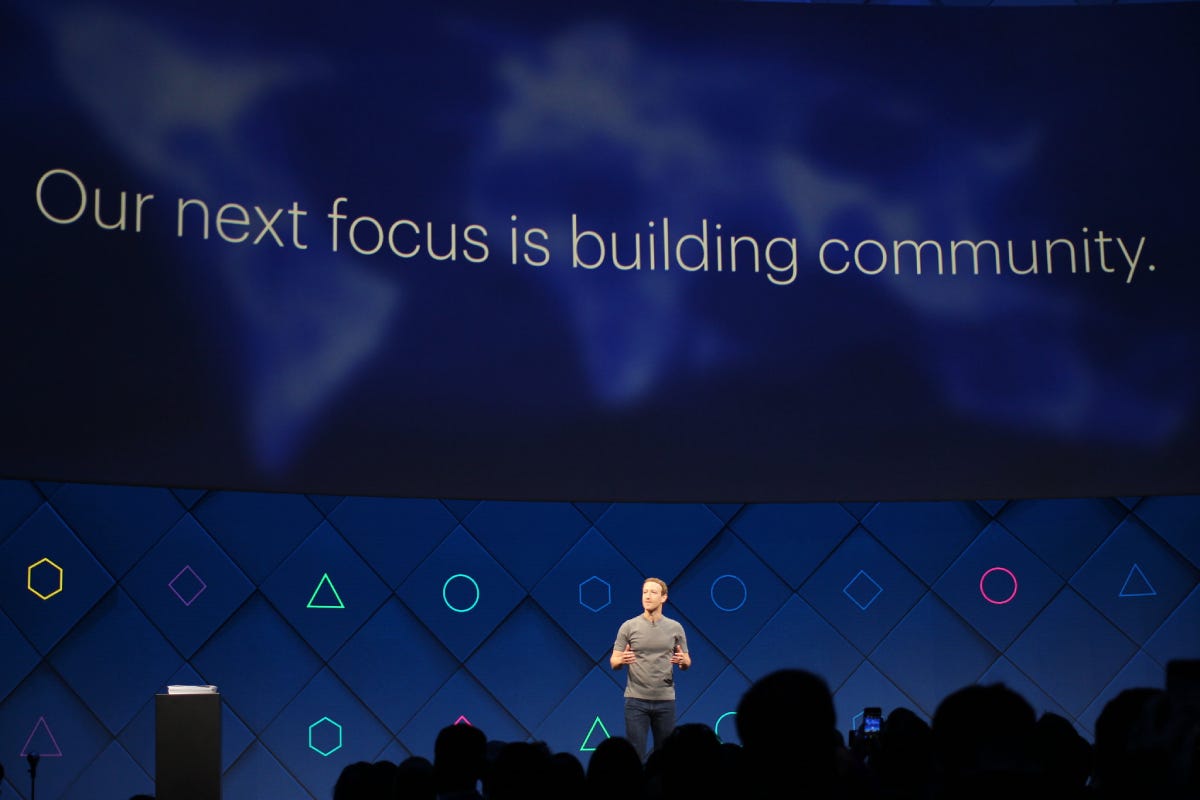Facebook and the end of "woke capital"
Zuckerberg's antiwoke turn presents a serious problem for the right's theory of "woke capitalism."

Facebook (or “Meta,” I guess) is shuttering its major DEI programs, according to Axios. This is just the latest in a number of internal moves meant to distance the company from egalitarian politics. On Thursday, for example, Sam Biddle reported at The Intercept that Meta’s speech guidelin…
Keep reading with a 7-day free trial
Subscribe to Carl Beijer to keep reading this post and get 7 days of free access to the full post archives.




